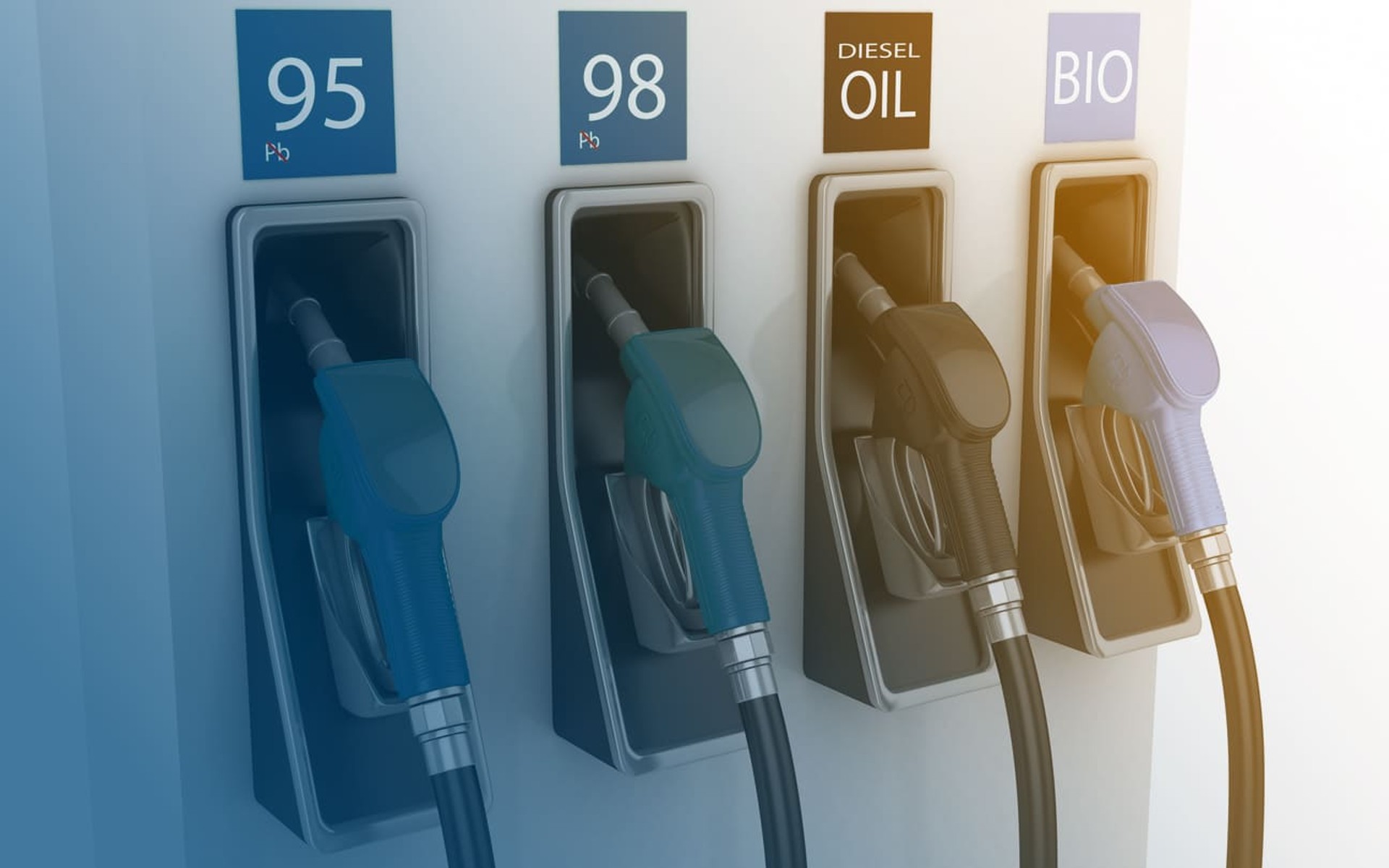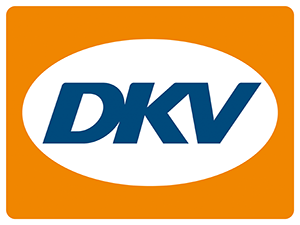High time for clean fuel

HVO, or hydrogenated diesel fuel, is a high-quality diesel product, made entirely from renewable resources. Does the new technology have a chance to revolutionize road transport, reducing pollutant emissions by leaps and bounds?
HVO, Hydrogenated Vegetable Oil, emits 90% less carbon dioxide, 30% less particulate matter and 9% less nitrogen oxide than regular diesel fuel. The basis for its production are plant waste, such as the remains of vegetables and fruit or even out-of-date margarine. "HVO is made of renewable raw materials and that is crucial to drive the transition towards a more sustainable mobility" - notes Mariusz Derdziak, Sales manager of DKV Mobility.
The transport and manufacturing industries calculate that the use of pure biodiesel will help them meet stringent EU targets for reducing pollution and the use of green energy sources.
Infrastructure is growing
The HVO production technology is already several years old, but it is expensive under construction. Its precursor was the Finnish brand of Neste stations, which launched pure biodiesel stations in Finland, Sweden, Lithuania and Latvia. Western European networks such as Total and Eni are now following in her footsteps. Also, Lotos and Orlen have already successfully tested hydrogenated diesel, which showed that the raw material has a similar or even higher quality than the standard diesel oil.
Whether ecological fuel is accepted on the market depends not only on its price and composition, but also on the availability network, including fuel cards. One of the first card issuer to offer HVO to customers is DKV Mobility. “We offered HVO stations to carriers already two years ago. " - says Mariusz Derdziak.. Hydrogenated diesel can be sold in its pure form or mixed with traditional diesel fuel in various proportions, for example HVO30 orHVO50.In its pure form it reduces CO2 emissions by about 90%. “Most, of the stations in our network are located in the Netherlands.The others spread over Scandinavian countries and Belgium.".
It is worth emphasizing that refueling hydrogenated diesel does not exclude its use traditional diesel, it rather broadens the range of possibilities. The HVO (including the HVO100) is great for regular diesels without the need for any modification. That is why leading truck manufacturers support its popularization. Compliance with the standards for its entire fleet has recently been announced by DAF, and has been declared by Scania, MAN, Volvo, Mercedes, Renault and Iveco for several years. In particular, the new biodiesel can be used by owners of Euro 5 and 6 class trucks. After verification, HVO mixtures can also refuel Euro 3 and 4 cars.
Economic reasons
Transport companies, factories and all types of production plants are required to report the percentage of renewable energythroughout the product development cycle. "We have cases among customers that transport companies receive compensation from their principals to use green diesel instead of from the classic diesel. The reason is that it is sometimes easier to improve your results by investing in more expensive fuel, rather than changing the entire production line”, explains Mariusz Derdziak from DKV Mobility.
Fuels like HVO accelerates eco-transformation
In addition to the requirements of the European Union, the pressure of social responsibility also affects the market. Freight transport and passenger transport are responsible for 1/5 of the world's greenhouse gas emissions. Including the greatest pollution - as much as three quarters - comes from road transport. One of the reasons DKV Mobility has the aim to help its customers to reduce the carbon intensity of their customers fleet emissions by 30 percent by 2030. Fuels like HVO are one of many ways to accelerate this transformation.
